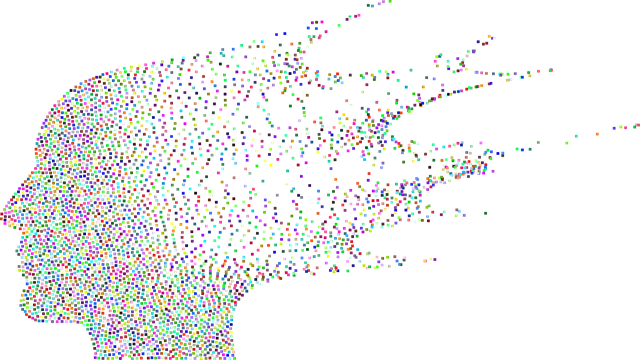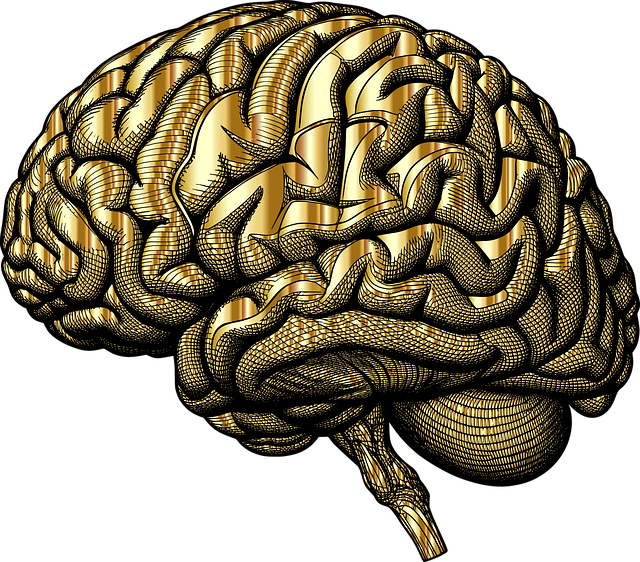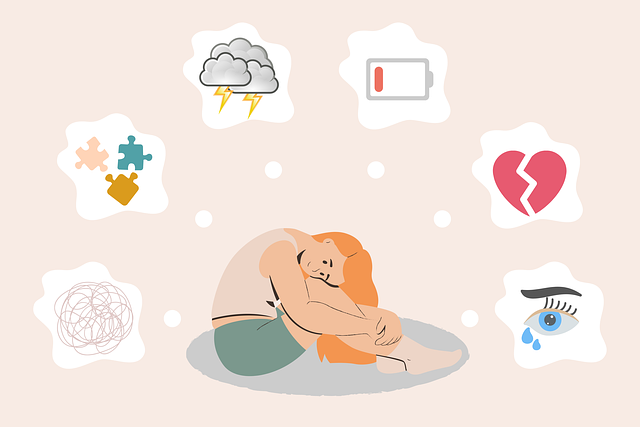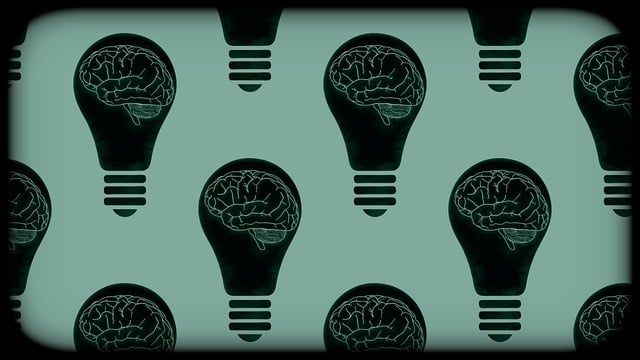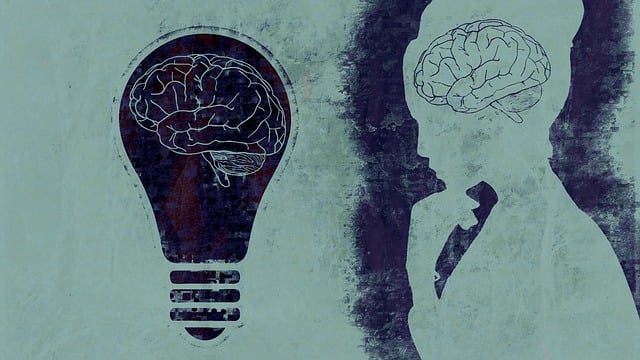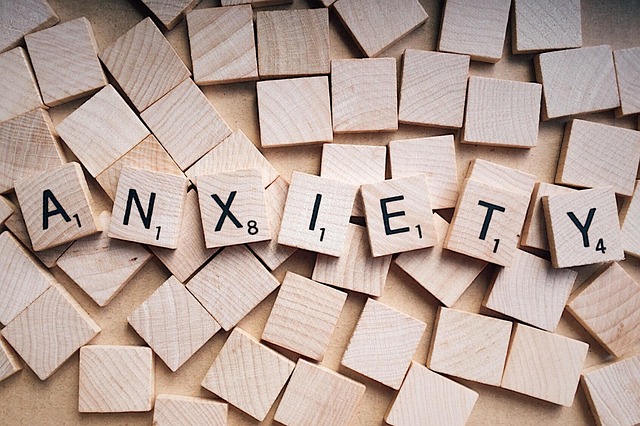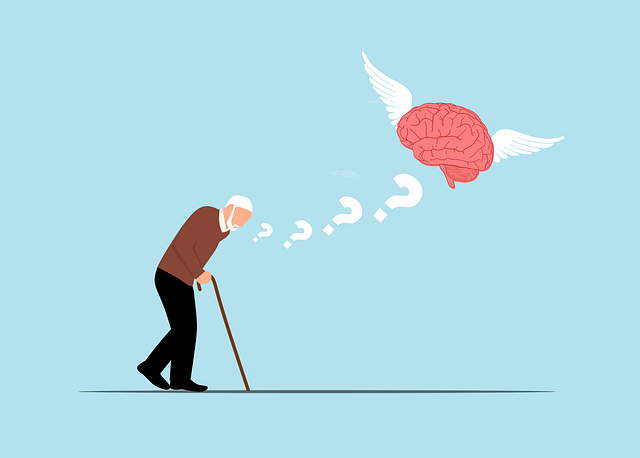Mental wellness is a dynamic aspect of overall health that requires personalized tools like Therapy for Mindfulness to navigate daily life effectively. This approach, based on Mind Over Matter principles, offers self-awareness exercises and self-care practices to manage emotions, build resilience, and gain insights. Effective therapy for mindfulness tools should promote deeper understanding of thoughts and behaviors, facilitate healthier habits, and enhance overall well-being. User-friendly mental wellness podcasts and self-assessment tools integrated into therapy regimens significantly support long-term mental health maintenance, reduce healthcare provider burnout, normalize mental illness discussions, and provide valuable resources for communities.
Mental wellness is a vital aspect of overall health, yet self-assessment tools often lag in accessibility. This article explores the development of therapy-driven mindfulness self-assessment tools, addressing the growing need for accessible mental health resources. We delve into the significance of understanding mental wellness and the benefits of mindfulness practices. Through an examination of effective therapy integration, we highlight strategies for creating user-friendly tools that enhance mental health support, making professional-level assessments more accessible to individuals seeking guidance.
- Understanding Mental Wellness and the Need for Self-Assessment Tools
- Developing Effective Therapy for Mindfulness Self-Assessment Tools
- Implementation and Impact: Enhancing Mental Health Support through User-Friendly Resources
Understanding Mental Wellness and the Need for Self-Assessment Tools

Mental wellness, a cornerstone of overall well-being, encompasses our emotional, psychological, and social health. It influences how we think, feel, and act in daily life, impacting our ability to cope with stress, make choices, and relate to others. Understanding mental wellness involves recognizing its dynamic nature; it’s not merely the absence of mental illness but a state of equilibrium where individuals can flourish and navigate life’s challenges.
The need for self-assessment tools arises from the growing recognition that mental wellness is unique to each individual. What constitutes a healthy mindset varies from person to person, shaped by personal history, experiences, and cultural context. Therapy for mindfulness, grounded in Mind Over Matter principles, offers valuable techniques through Self-Awareness Exercises and Self-Care Practices to help individuals gain insights into their thoughts, emotions, and behaviors. These tools empower people to proactively manage their mental wellness, fostering resilience and a deeper understanding of themselves.
Developing Effective Therapy for Mindfulness Self-Assessment Tools

Developing effective therapy for mindfulness self-assessment tools involves integrating Mind Over Matter principles to empower individuals in managing their mental wellness proactively. These tools should be designed to promote a deeper understanding of one’s thoughts, emotions, and behaviors, enabling users to cultivate healthier habits and enhance overall well-being. By combining evidence-based practices with user-friendly interfaces, therapists can facilitate accessible and engaging mental wellness podcast series production.
Incorporating techniques such as mindfulness meditation, cognitive reframing, and stress reduction methods ensures that these tools not only assess but also actively support users in navigating challenges. Regular utilization of such resources can significantly contribute to long-term mental health maintenance and improvement, making them valuable additions to any therapy regimen.
Implementation and Impact: Enhancing Mental Health Support through User-Friendly Resources

The implementation of user-friendly mental wellness self-assessment tools has a profound impact on enhancing mental health support and promoting burnout prevention strategies for healthcare providers. These resources, designed with therapy for mindfulness in mind, offer individuals convenient access to assess their emotional well-being. By integrating such tools into daily routines or clinical settings, users can gain valuable insights into their mental state, fostering self-awareness and proactive mental wellness management.
Beyond individual benefits, these self-assessment tools contribute to broader efforts aimed at reducing the stigma associated with mental illness. Through intuitive interfaces and accessible formats, they encourage open conversations about mental health, further normalizing the topic within communities. Moreover, integrating these resources into Mental Wellness Podcast Series Production can enhance engagement, providing listeners with actionable takeaways for their own journeys towards better mental health.
The development of mental wellness self-assessment tools, with a focus on mindfulness, has emerged as a powerful strategy to address growing mental health concerns. By integrating user-friendly resources into mainstream support systems, individuals can gain valuable insights into their mental states and take proactive steps towards well-being. The effectiveness of therapy for mindfulness self-assessment tools lies in their ability to empower people, providing them with the means to navigate and improve their mental health journeys. As these tools become more accessible, we can expect a positive impact on global mental health support, fostering a culture of open discussion and proactive care.
